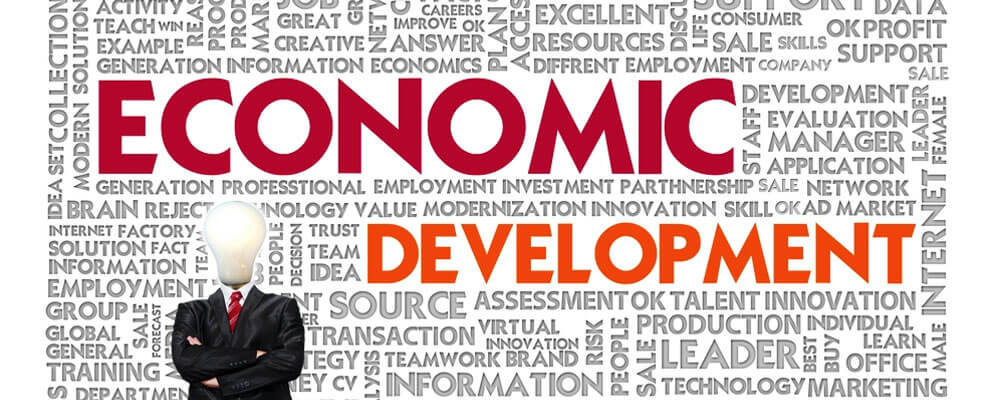In simple words behavior is the function of environment and person in which he or she is performing duties is known as individual human behavior.
Individual behaviors are mainly affected by the following two main factors or what are the main factors influencing individual behavior in the organization.
See Also: Team Effectiveness Factors in Business Organization
Table of Contents
ToggleFactors Influencing Individual Behavior
- The Persons
- The Environment of the Organization
The Persons
Prediction of all the behaviors of an individual or complete understanding of an individual can be provided by no single evaluation of individual differences.
To consider a variety of differences is therefore more useful that explain aspects of employee behavior. These can be as follow.
- Skills & Abilities
- Personality
- Perceptions
- Attitudes
- Values
- Ethics
-
Skills & Abilities
Physical & mental capacities to do different tasks are known as skills and abilities of a person or organization. This comes from learning, knowledge & experience.
-
Personality
There are five main aspects to be consistent elements of personality as shown by research. The big five personality aspects are Extroversion/Introversion, conscientiousness, openness to experience, agreeableness and emotional stability.
Extroversion/Introversion is the extent to which a person is talkative, sociable, active, assertive, and ambitious. Conscientiousness is refers as being dependable and reliable, being organized & careful and being a person who plan. This aspect is most potentially mutually related to the job performance.
Openness to experience is the extent to which someone is broad-minded, imaginative, seeks new experiences and curious. Agreeableness refers to the extent to which a person is likeable, courteous, flexible and good-natured.
See Also: Global Human Resource Management and Its Advantages
Emotional stability is the extent to which someone is depressed, anxious, insecure and angry. Managers must consider that relevance of any personality aspect is based on the situation, the kind of job and the level at which a person is performing duties.
-
Perceptions
In order to pay attention selectively to some stimuli and cues in our surroundings, we utilize the mental process of perception. Perception is of two kinds.
The process of selecting, choosing and interpreting information about how we consider others and themselves is refers as social perception process.
On the other hand the collecting and interpreting information about physical objects instead of people is cover in physical perception.
Closure allows us to interpret a stimulus by filling in absent information on the basis of our assumptions and experiences.
-
Attitudes
Attitudes consist of beliefs, feelings and behaviors. Job satisfaction is one significant work-related attitude, which the general attitudes that people have towards their work.
There are five major components that contribute to job satisfaction. These components are the job itself, pay, promotion opportunities, relation with co-workers and the supervisor.
The link between work performance and job satisfaction is complicated and affected by multiple personal and organizational factors. Managers have more effect on job satisfaction as compared to any other individual difference.
-
Values
The long-lasting beliefs about what is worthwhile, significant and desirable are refers as values. The value system of the person is the way he/she prioritizes and organizes values.
Terminal values are objectives for behavior or for a particular consequence that someone desires to accomplish.
Instrumental values are the instruments or means that people consider they should employ to get their objectives. Personal values can be affected by cultural values.
-
Ethics
Employee’s ethics is the key work-related value. The employees who have a relativist’s concept of ethics consider that what is wrong or right is based on the culture and situation.
See Also: Employee Separation Definition, Benefits and Types
On the other hand employees that have Universalist’s concept consider that ethical standards should be used consistently in all cultures and situations.
When there is divergence among values that a person keeps or between organizational or individual values, value conflict occurs.
Managers should work toward fitting & integrating the value of various employees with the values of the organization, in order to avoid value conflict.
The Environment of Organization
The individual behavior inside the organization can be affected by the work group or relationship between the group members. Individual behavior is also influenced by the organizational culture.
Cultural values point what a cultural group views worthwhile, significant and desirable. People contribute values of their culture, which make the foundation of individual value systems consisted of instrumental values and terminal values.
A person’s ethics is key work-related value. Ethical behaviors in organizations are affected by value systems. Managers should be often concerned with person-organization and interpersonal values conflicts.
When two or more people have opposing values, interpersonal value conflicts occur which can prevent co-workers to work together efficiently.
When someone’s values conflict with the culture of the organization, person-organization value conflicts which causes frustration and possibly disrupting personal performance.
Business Studies Notes is a one place stop for all the business students who are looking for business studies class 12 notes, business studies class 11 chapter 2 notes, graduation and master.












